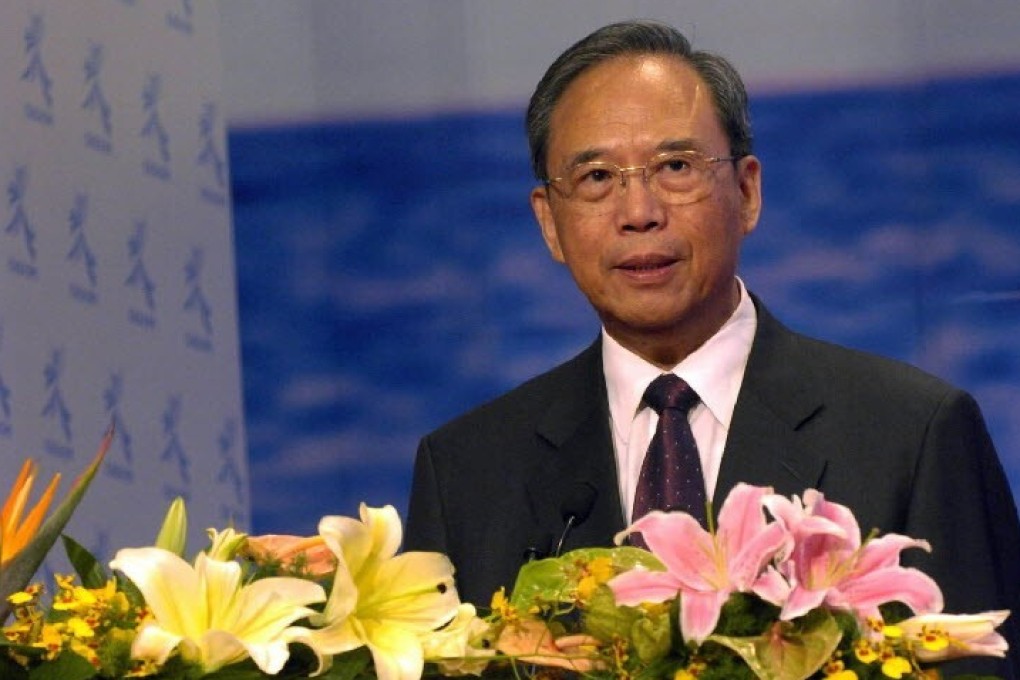China-US tensions: meet us halfway to build trust and ease conflict, former Chinese vice-premier urges Biden
- Zeng Peiyan tells Hong Kong forum confrontation between the two global powers need not be inevitable
- Hong Kong chief executive appeals for new US administration to view the national security law ‘in a fair manner’

“It was completely wrong to approach and manage Sino-US relations with such cold war mentality and ideological bias,” he said. “I hope that the US can take the opportunity to change its mentality and behaviour and meet China halfway so that we can engage rather than confront each other. To do that, first we need to build mutual trust by restarting and improving the multilateral engagement mechanisms between China and the US.”
Zeng spoke at the event co-hosted by the China-United States Exchange Foundation and the China Centre for International Economic Exchanges, a Beijing-based think tank that he chairs. He argued that the US’ strategic doubts and anxieties about the threat of a rising China had contributed to plunging relations in recent years.
He said it was not inevitable for the two countries to fall into the Thucydides Trap, or the idea that war is a likely outcome when an emerging power threatens an existing major power.
“Different social systems do not mean that China and the US will inevitably head towards confrontation,” Zeng said. “China has no intention of changing the US, let alone replacing it, and the US is unlikely to change China as it sees fit.”